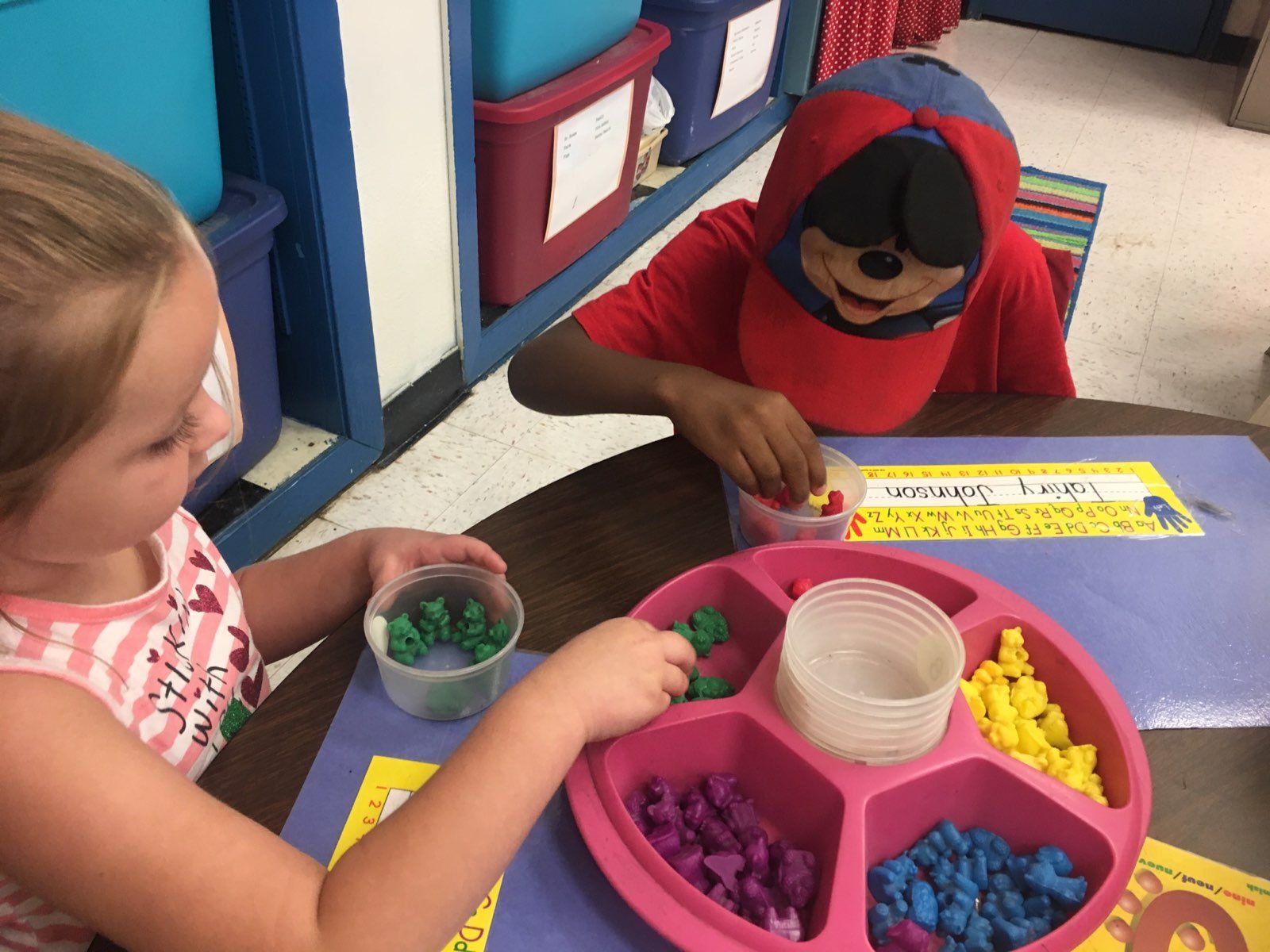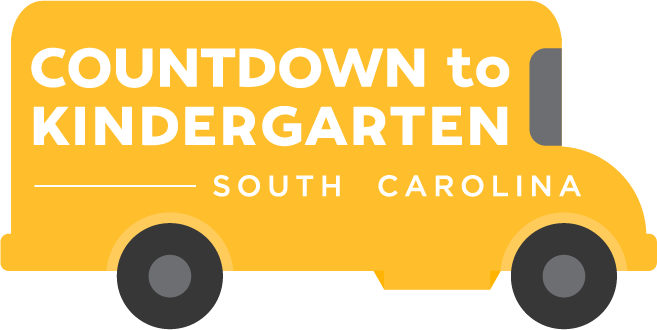COUNTDOWN TO KINDERGARTEN

Countdown to Kindergarten (CTK) is a First Steps program based on other successful school transition models from around the country. The program is designed for rising kindergartners (ages 3-5) who are at potentially higher risk for early school failure.
Program Goals
- to increase the successful transition of South Carolina's most at-risk children into the K-12 school system
- to increase parent involvement in the early grades (particularly in hard-to-reach communities), when children's learning is foundational for life success
- to increase public awareness of the importance of school readiness and provide ways for parents and communities to impact children's early school success.
Program Components
Home Visitation- Teachers make six visits over the summer to the homes of participating students and families. Children and families are introduced to actual materials used in kindergarten and are given a Kindergarten Transition Toolkit to keep.
Learning Celebration- The last visit is a "field trip" to the school where the child will attend class in the fall.
Public Awareness- Throughout the summer, First Steps releases tips to media to help parents and caregivers get children ready for kindergarten.
CTK Schools
- J.L. Cain, St. John's, and Pate Elementary schools, Darlington
- Black Creek Elementary School, Darlington
- Lamar-Spaulding Elementary, Lamar
Darlington County School District place all CTK children in their home visitor's classroom for kindergarten, thereby building upon the teacher-child and parent-teacher relationships built over the summer.
Why CTK is Important
"Pre- and post-survey results show that home visits had a significant positive impact on the frequency of parent-child interactions around early numeracy, reading and early literacy, and arts and crafts activities. Long-term results reported by teachers of Countdown students include stronger school participation among families served by the program as measured in terms of student attendance, parent-teacher conferences, and parent volunteering."
- Teacher College, Columbia University



